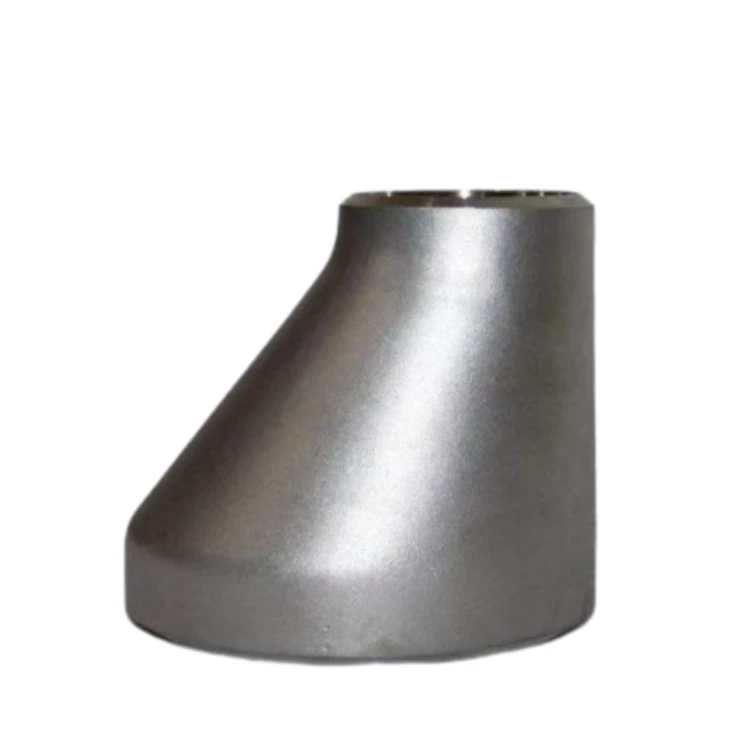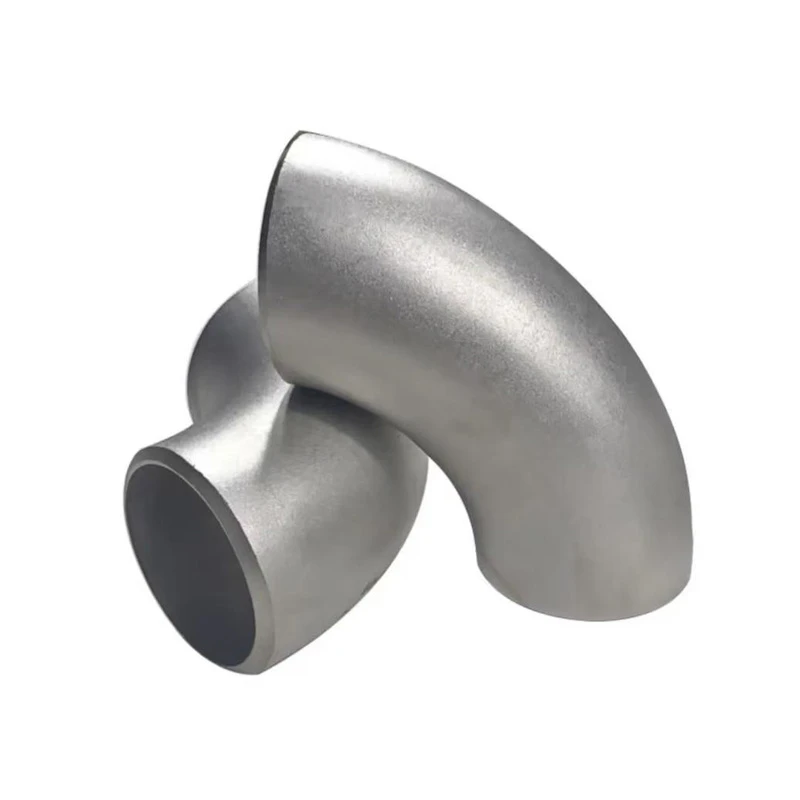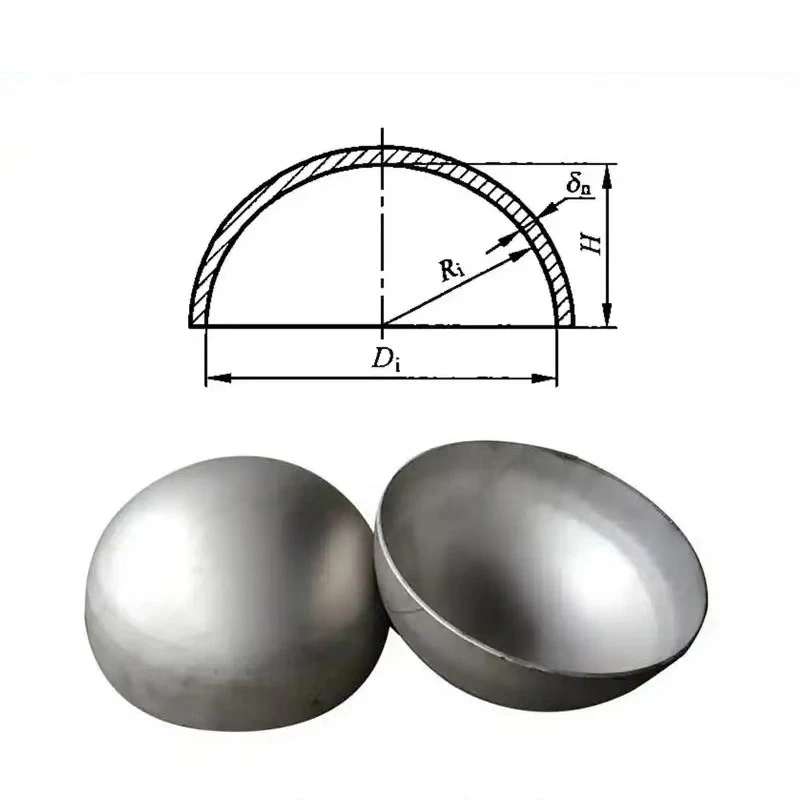Typical Application Case: Overlay Welding Clad Pipe in Coastal Refinery
In 2023, a 46km pipeline built with Overlay Welding Clad Steel Pipe was commissioned for an offshore refinery's chemical conveyance system on the South China coast. The project used custom 316L + Q235B pipes, DN400-DN800, designed for abrasive media and severe marine saline conditions. Systemic performance reviews indicated zero perforation, no measured thickness loss at 1-year mark, and maintenance savings exceeding 48% versus legacy carbon steel pipe systems.
Client comment: “Switching to overlay clad pipes reduced our maintenance workload and extended our overhaul interval well past expected standards.” — Chief Maintenance Engineer, 2023
*Only Lion Pipeline currently offers end-to-end overlay welding clad technology with proprietary QA, traceability and material reporting per project.
Q1: What materials are commonly used for the base and clad layers in overlay welding clad pipes?
A: Base materials typically include carbon steel grades (Q235, X52, 16Mn), while clad layers utilize stainless steel (304, 316L) or nickel alloys (Inconel 625) to achieve desired corrosion and wear resistance.
Q2: What distinguishes a "welded pipe" from a "stainless steel welded pipe"?
A: "Welded pipe" refers broadly to any pipe produced through welding, including carbon and alloy steels, while "stainless steel welded pipe" is specifically manufactured using stainless grades (e.g., 304, 316) combined for enhanced anti-corrosion performance.
Q3: How are steel pipe manufacturing standards like API 5L, ASTM, and ISO 9001 relevant?
A: API 5L covers pipeline requirements for oil/gas transport, ASTM standards (e.g., A358, A312) specify chemistry/tolerances, and ISO 9001 ensures consistent, auditable quality control systems at the manufacturer.
Q4: What is the recommended installation standard for overlay welding clad steel pipe?
A: ANSI B31.3 (for process piping) or ANSI B31.8 (for gas transmission) are typically referenced, with project-specific weld qualification and field fit-up protocols enforced.
Q5: How do composite pipe manufacturers guarantee pipe integrity?
A: Integrity is verified by nondestructive testing (radiographic, ultrasonic) of weld seams and clad layers, plus periodic destructive testing for bond strength and corrosion/cyclic pressure resistance per ISO/API standards.
Q6: What is the delivery lead time for custom overlay welding clad steel pipe?
A: Standard project turnaround: 20-35 days for routine diameters; larger or highly customized orders may extend to 40-60 days, including full QA documentation.
Q7: What kind of warranty and post-sale support is provided?
A: Lion Pipeline offers 2–5 year product warranty, 24/7 technical support, and on-site failure analysis/troubleshooting as required, as stipulated in service contracts.



